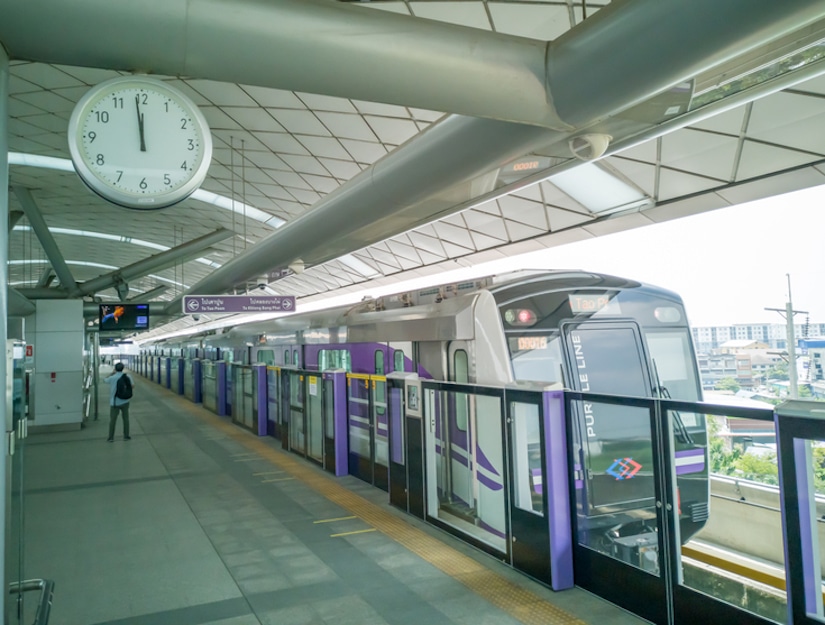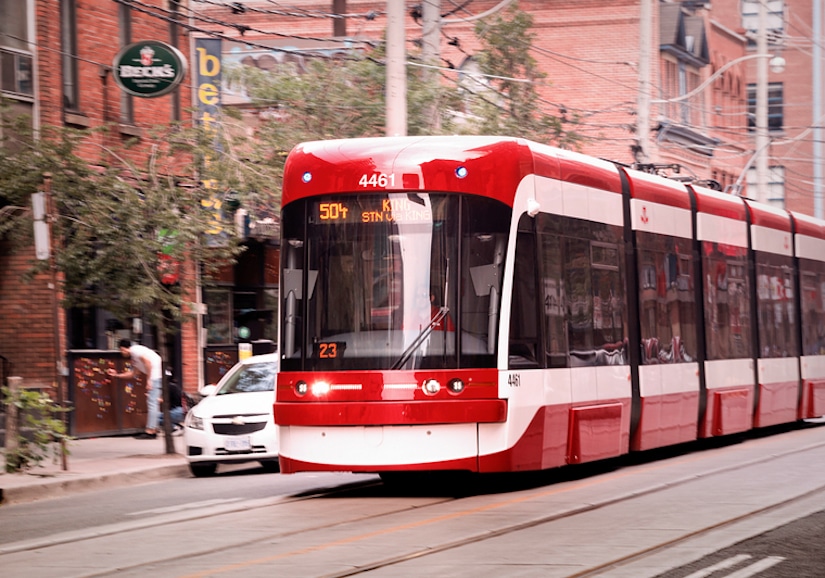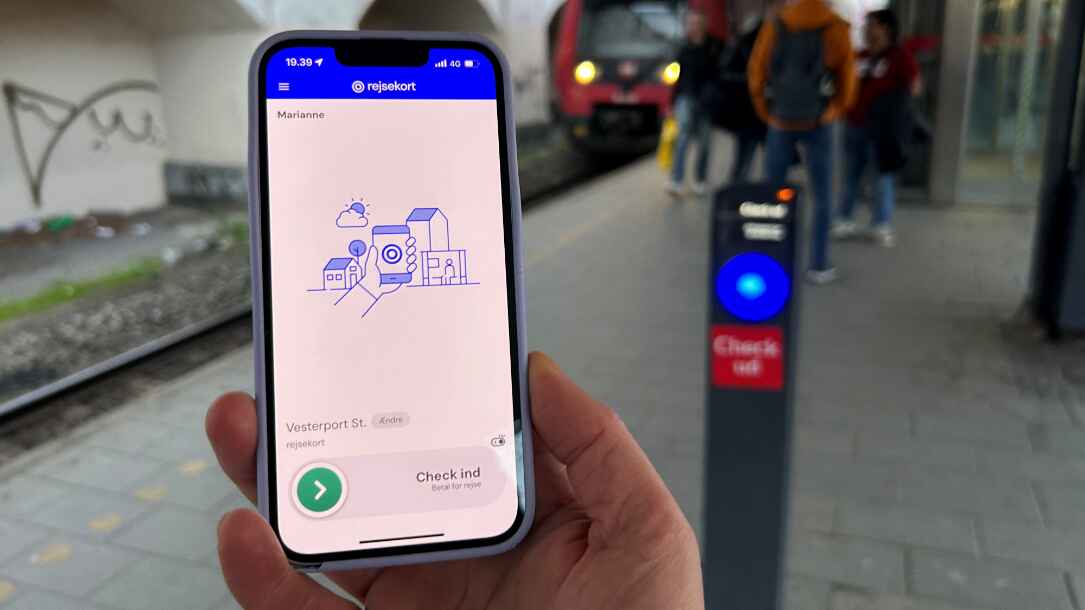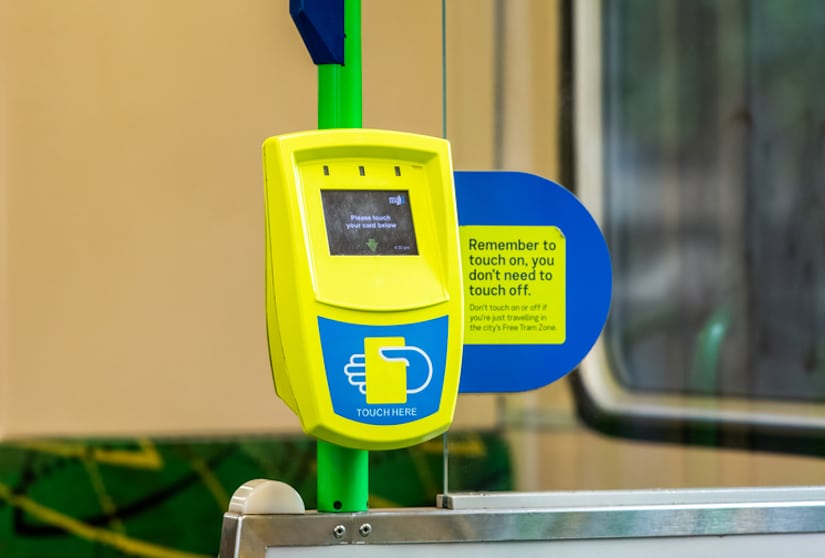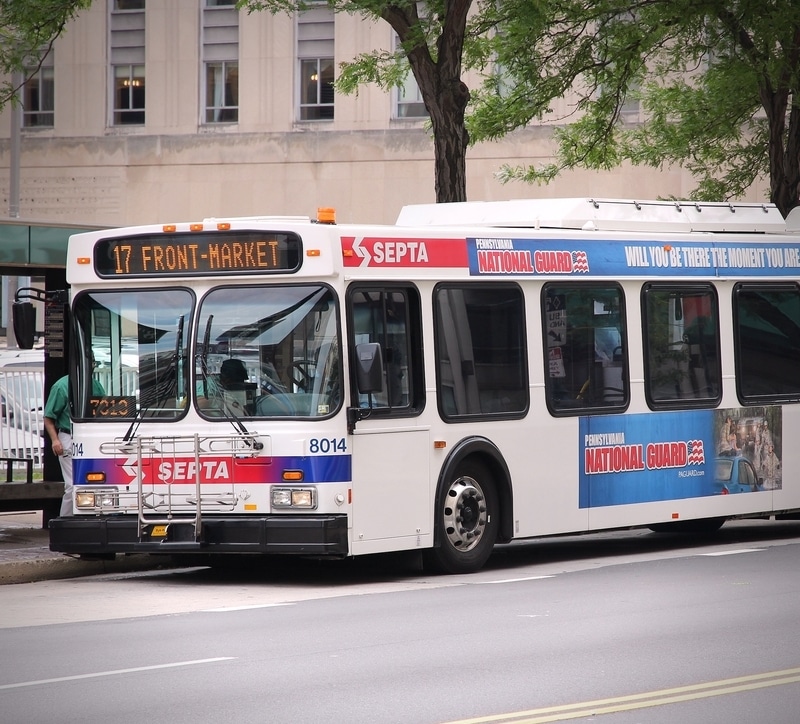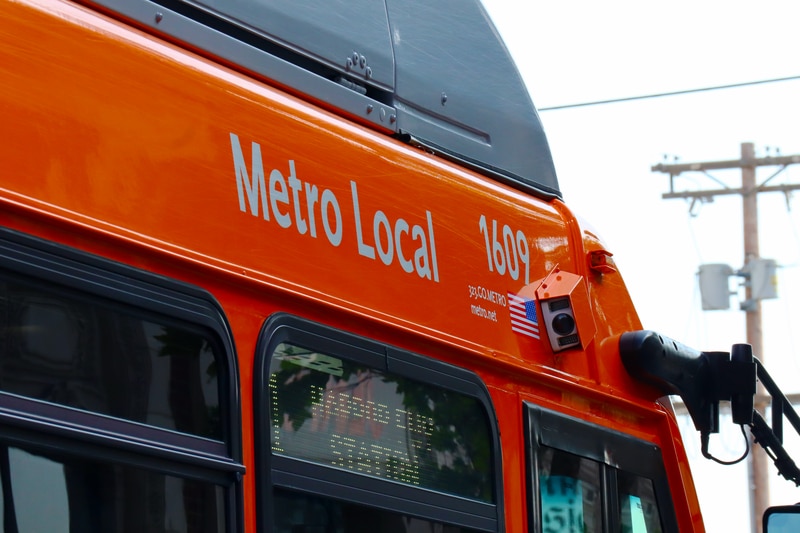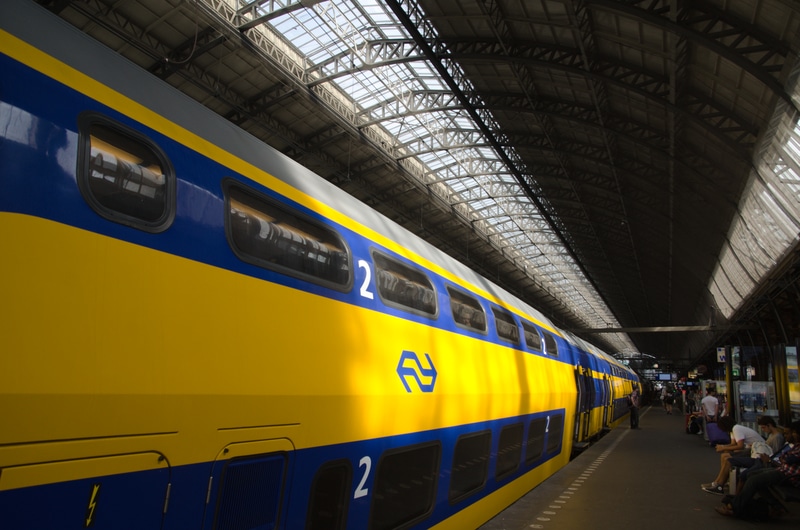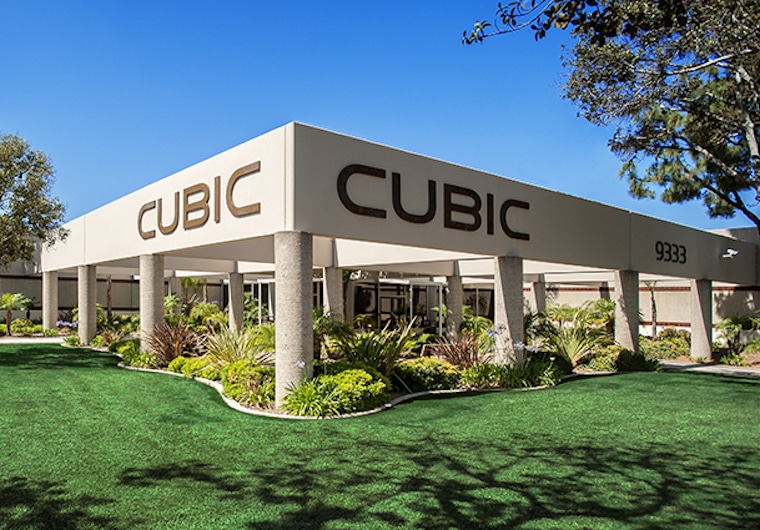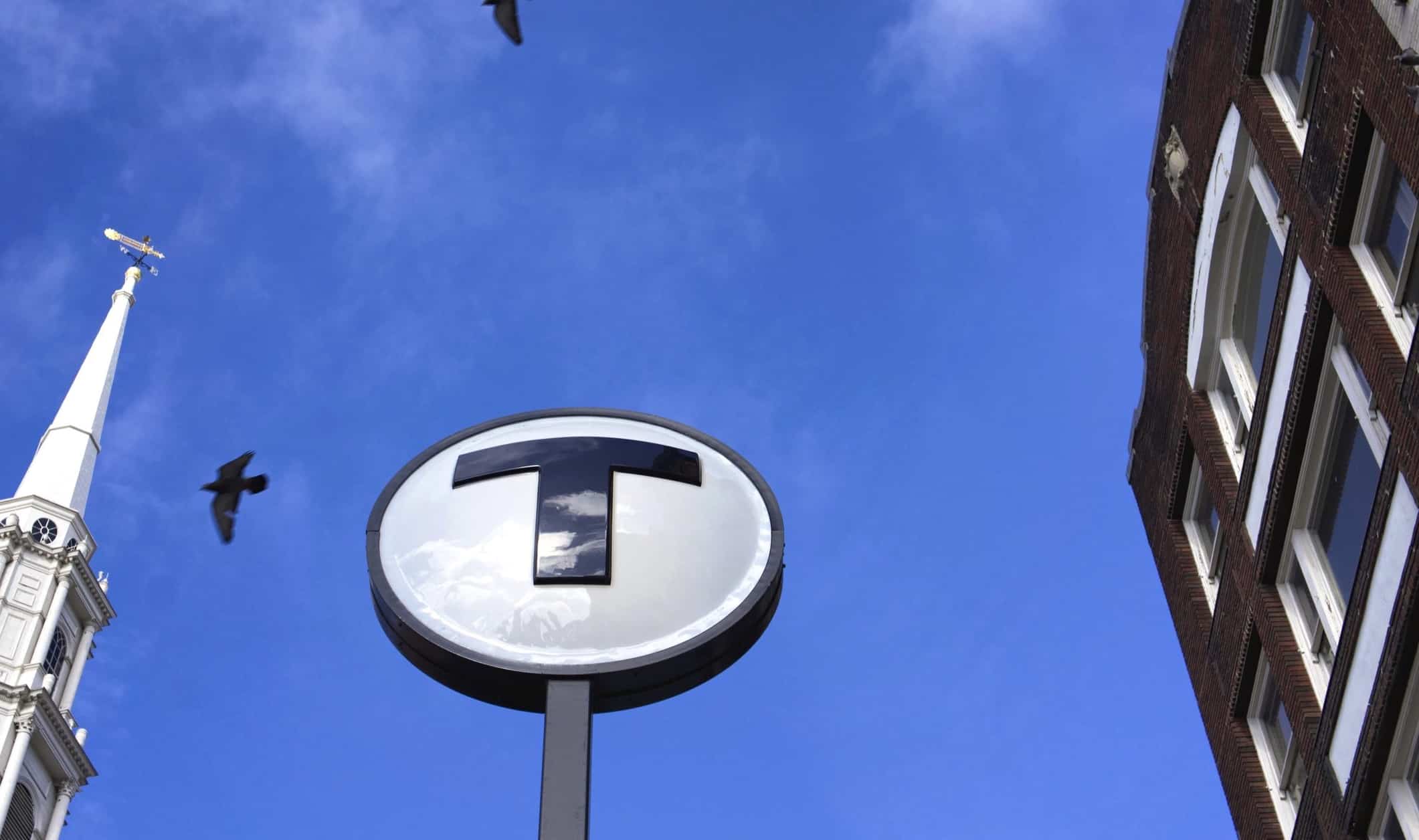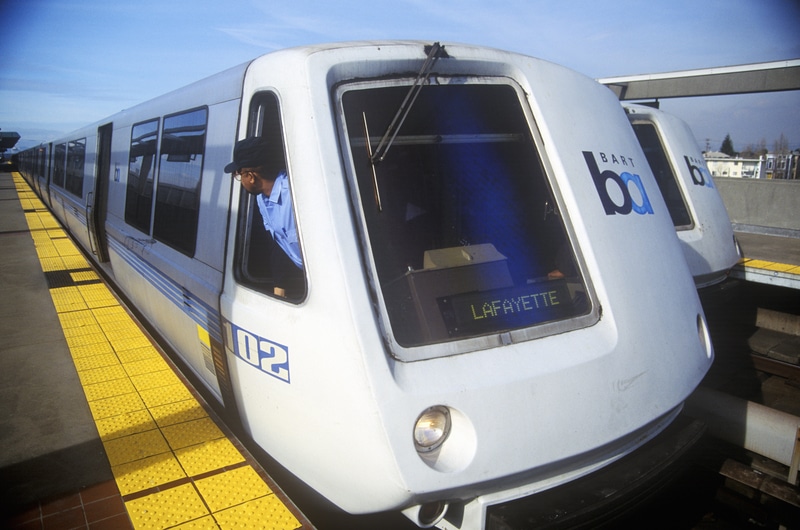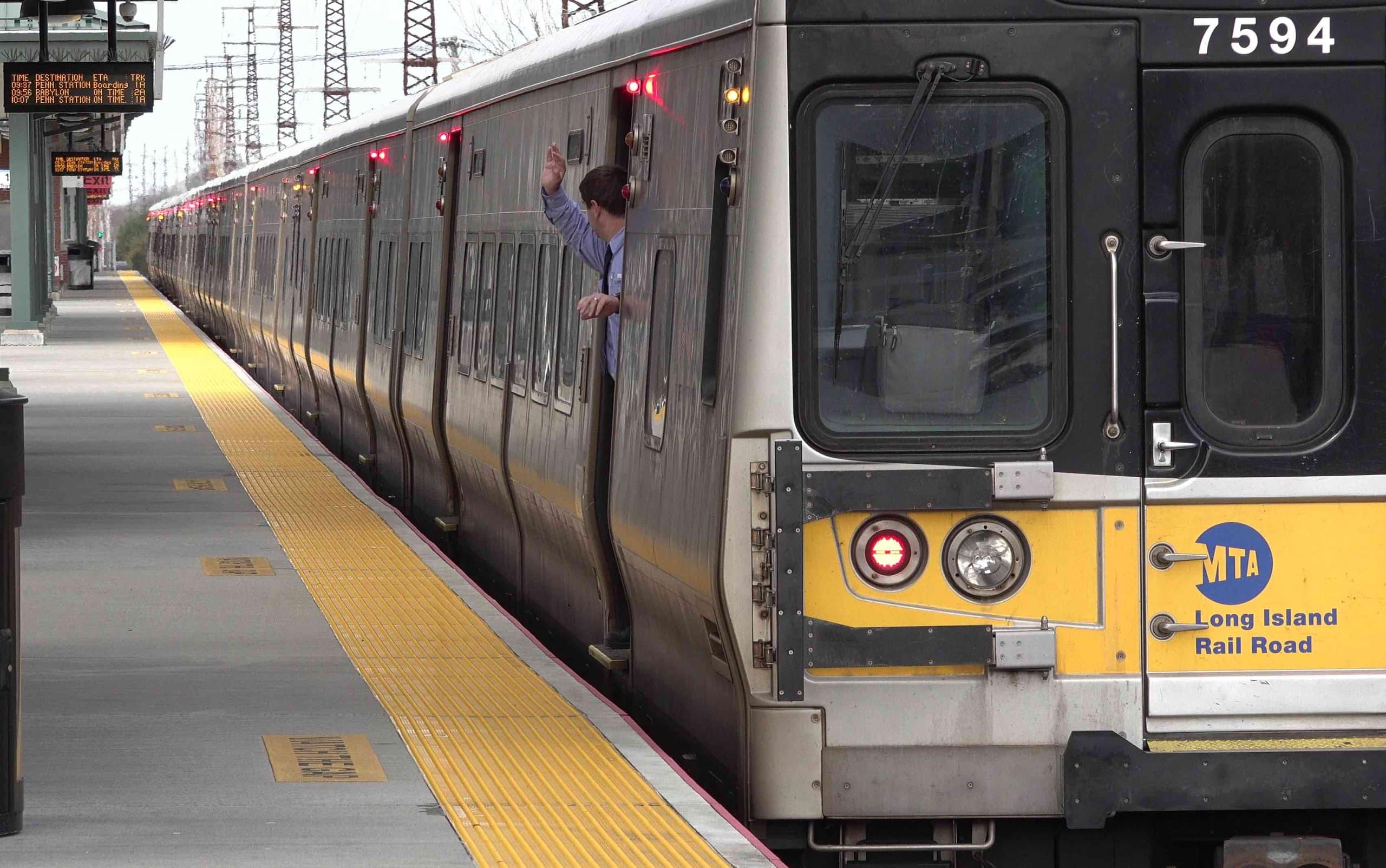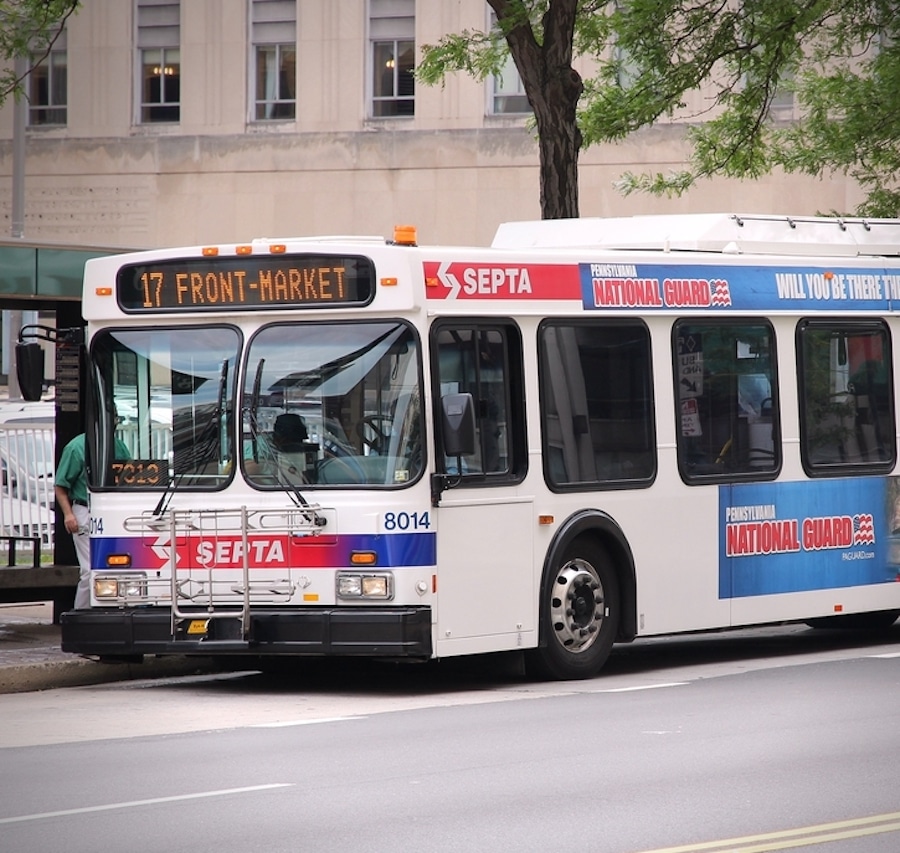
Article Highlights
Philadelphia transit authority SEPTA launched its long-delayed open-loop payments service Friday under its existing contract with fare-system supplier Conduent, even as the authority pursues the procurement of a new fare system that could end up replacing the vendor.
• Open-Loop Project File
Philadelphia transit authority SEPTA launched its long-delayed open-loop payments service Friday under its existing contract with fare-system supplier Conduent, even as the authority pursues the procurement of a new fare system that could end up replacing the vendor.
SEPTA, or Southeastern Pennsylvania Transportation Authority, launched open-loop on its buses, subway and trolleys, with commuter rail planned for early next year. All modes together will “include” use of 4,200 terminals that Conduent supplied, a SEPTA spokesman confirmed Friday to Mobility Payments.







